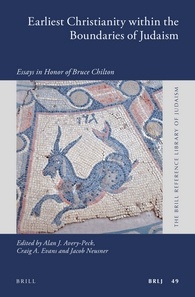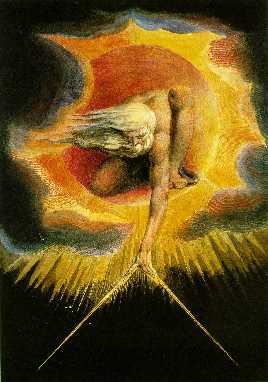A really rather excellent piece about being busy. It is not just the usual “we are too busy! slow down!” For one thing, it is well written, for another he speaks about the balance of work and play, our own responsibility in creating our busyness. As a parent this paragraph stood out to me.
Even children are busy now, scheduled down to the half-hour with classes and extracurricular activities. They come home at the end of the day as tired as grown-ups. I was a member of the latchkey generation and had three hours of totally unstructured, largely unsupervised time every afternoon, time I used to do everything from surfing the World Book Encyclopedia to making animated films to getting together with friends in the woods to chuck dirt clods directly into one another’s eyes, all of which provided me with important skills and insights that remain valuable to this day. Those free hours became the model for how I wanted to live the rest of my life.
As a biblical scholar this line also grabbed my attention
Puritans turned work into a virtue, evidently forgetting that God invented it as a punishment.
I certainly am among those whose schedule is usually jam-packed (sounds like a nice cookie, like an English jammy dodger biscuit). This is due in part to the nature of my work. Certainly when the students are here and the semester is in full swing my work as dean and faculty member can keep me at the office, or at least on campus, from 8 am until 9 pm or later. Then, when the students are gone, I have to research and write while I have the “freedom” to do so. That means working during the day, going home to be with the kids, dinner, and put them to bed. And then back to the office until 12 or 1am.
But the truth is that I do not know how to just relax. I admit to enjoying sitting on the couch watching sports and movies, but after a while I get bored and feel the need to do something. We are going to the beach for a few days this week. Fortunately for all of us, I have an article to finish writing. That will save me wondering aimlessly around my in-law’s place eating the chocolate covered almonds that are everywhere in the place.
I do think some of my restlessness comes down what I believe lies beneath the “Puritan work ethic”: the need for purpose. I, and perhaps others, feel a deep need for a sense of purpose. To what end is this activity? If I stay busy then I tend to forget the purposeless of so much of what I do. When the long stretches of silence that require reflection come upon me then those basic questions return again. And that is not a bad thing. Not at all.
UPDATE: See Benj’s note in the comments. He is absolutely right. We were created to do work, but the hardship of the labor was the punishment. Prior to that “tilling and keeping” the garden was to be our joy. We were created to work, but this has become changed, warped such that it is now a hardship. Like desire turning to lust, what was created as a good has been transformed into an ill. Perhaps this gets at the heart of why we, or at least many of us, struggle with this desire to be “busy” as we yearn to do the work that we were created for, yet are never fully satisfied because it is rarely now all that it should have been.
via The Busy Trap – NYTimes.com.






2 thoughts on ““The Busy Trap” – NYTimes.com”
Work isn’t the result of sin, according to Genesis. In both creation accounts, God gave Adam and Eve responsibilities to tend the Garden before they sinned (Gen 1:27-28: “subdue the earth”; 2:15: “till and keep the garden”).
I just wanted to point that out–it doesn’t negate the necessity of rest, recreation and worship for a properly balanced life. But work is not the result of the Fall–hard work is.
Benj,
An excellent point! One that I often make in classes, so thank you for reminding me. We are created to do work, it is the “sweat of the brow” that was the curse.